American elites need to stop mocking Trump fans and start finally listening to them
Editor’s note: This piece was originally published before the results of the 2016 election were finalized. On Nov. 8, Donald Trump was elected president of the United States of America.
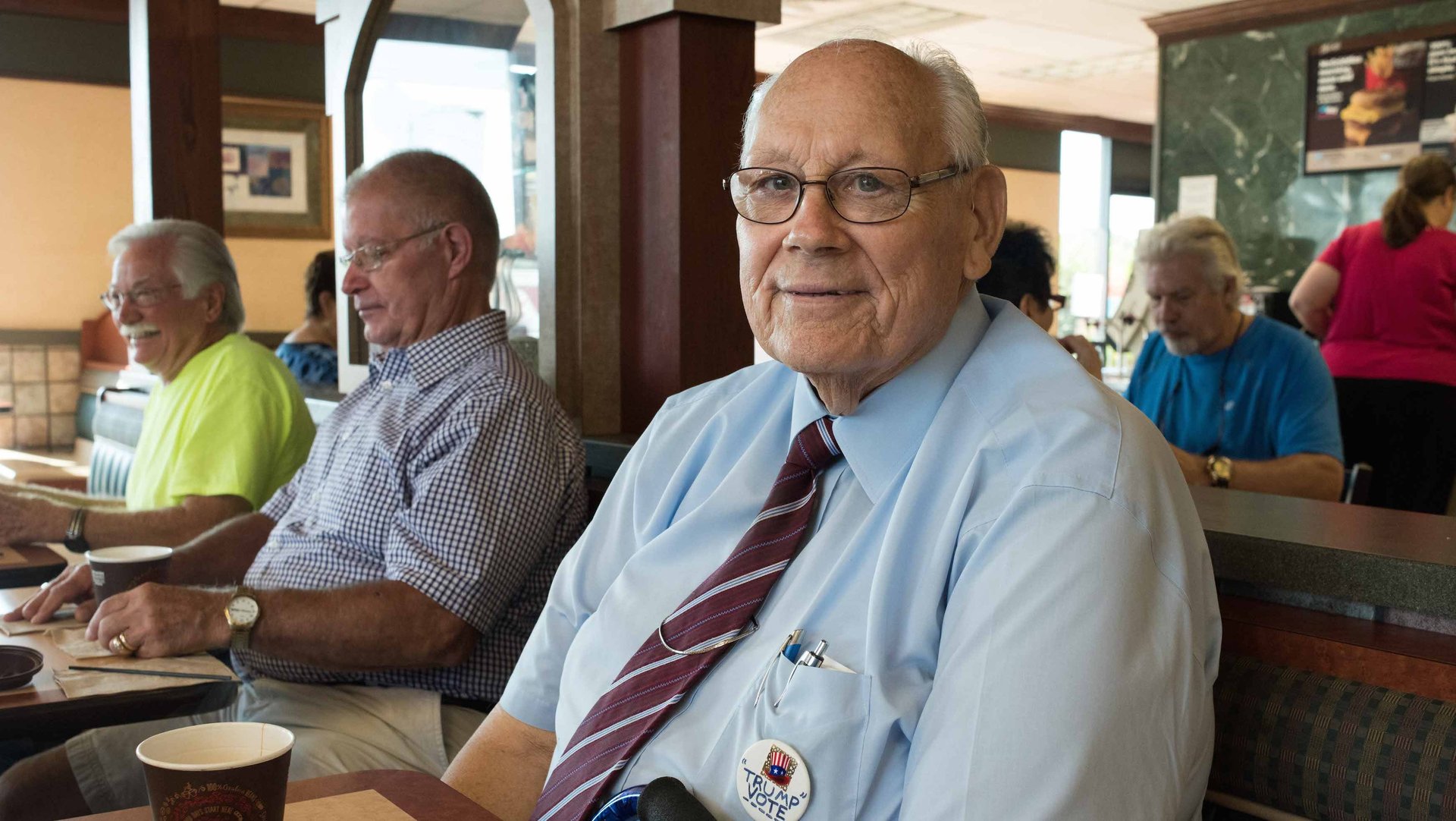

Editor’s note: This piece was originally published before the results of the 2016 election were finalized. On Nov. 8, Donald Trump was elected president of the United States of America.
The United States is a place divided by race, class, and education. The 2016 election has divided us further. While minorities overwhelmingly favor the Democratic nominee for president, Hillary Clinton, whites are split at historic levels along the lines of educational background. Those with a college degree, the front-row kids, are much more likely to support Clinton than those without—the kids in the back.
Much of the reason for the divide lies in the fact that the front row is doing much better than the back row. While those in the back row earn about a fifth less than they did 35 years ago, the front row now earns more.
But the rift between Americans goes deeper than that. I am a front-row kid who has spent much of the last five years among those in the back row. And what I have seen are very different versions of America, with fundamentally different values and concepts of personal meaning.
It is this divide, along with the racial divide, that Donald Trump is exploiting now. It is a divide that blinded many of us in the front row to Trump’s broad appeal despite his ugly views. It is a divide that led many to underestimate him, and helped him come within reach of the US presidency.
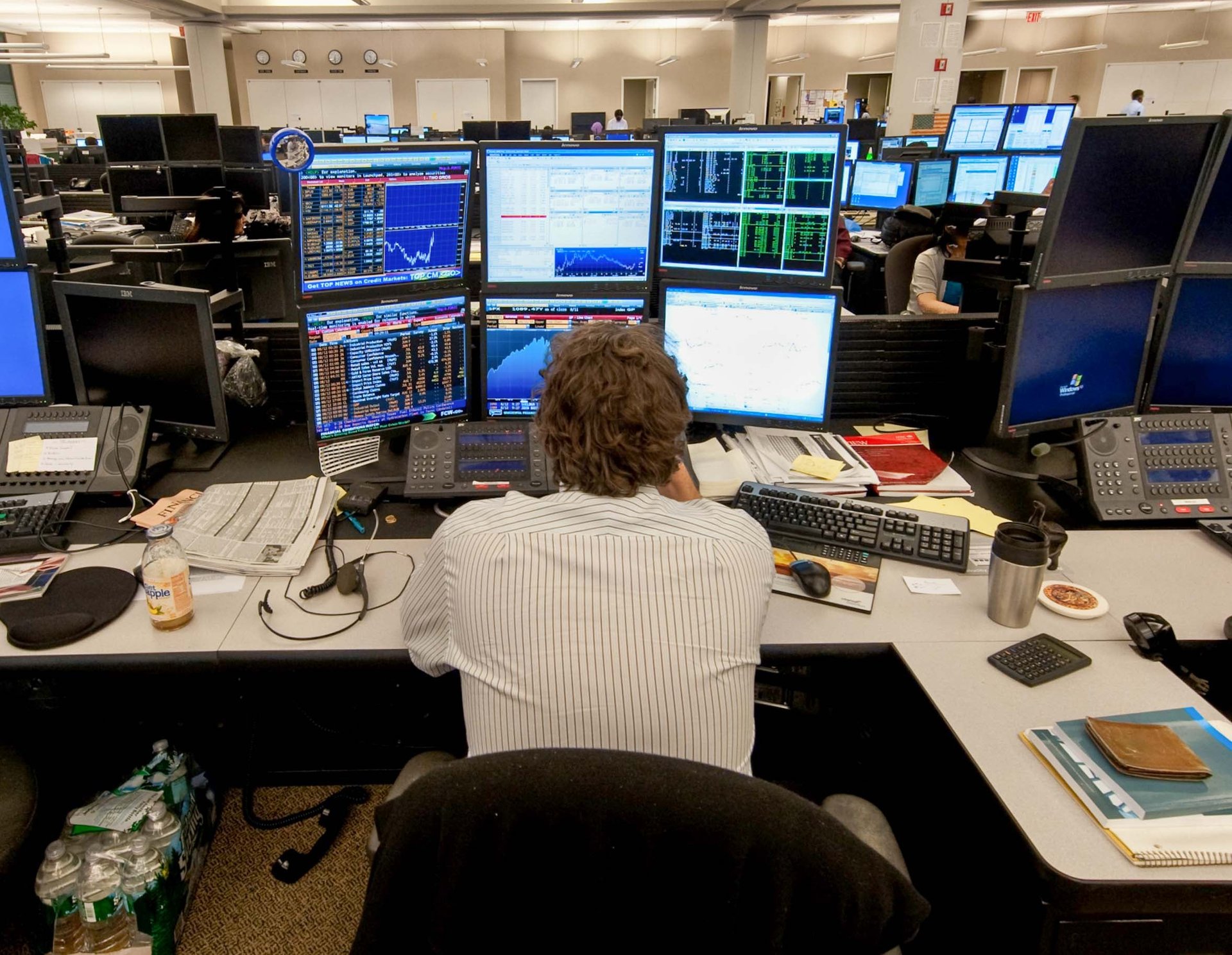
For much of my own life I was a Wall Street trader, sitting behind a wall of computer screens, gambling on flashing numbers. I had a very good life. So did the people around me—my co-workers as well as my friends and neighbors, who were bankers, lawyers, and journalists .
We were the front-row kids, and we felt we had done everything right. We had studied hard and gone to good schools. Most of us had parents who supported us. Our schooling got us good jobs that allowed us to live in nice neighborhoods.
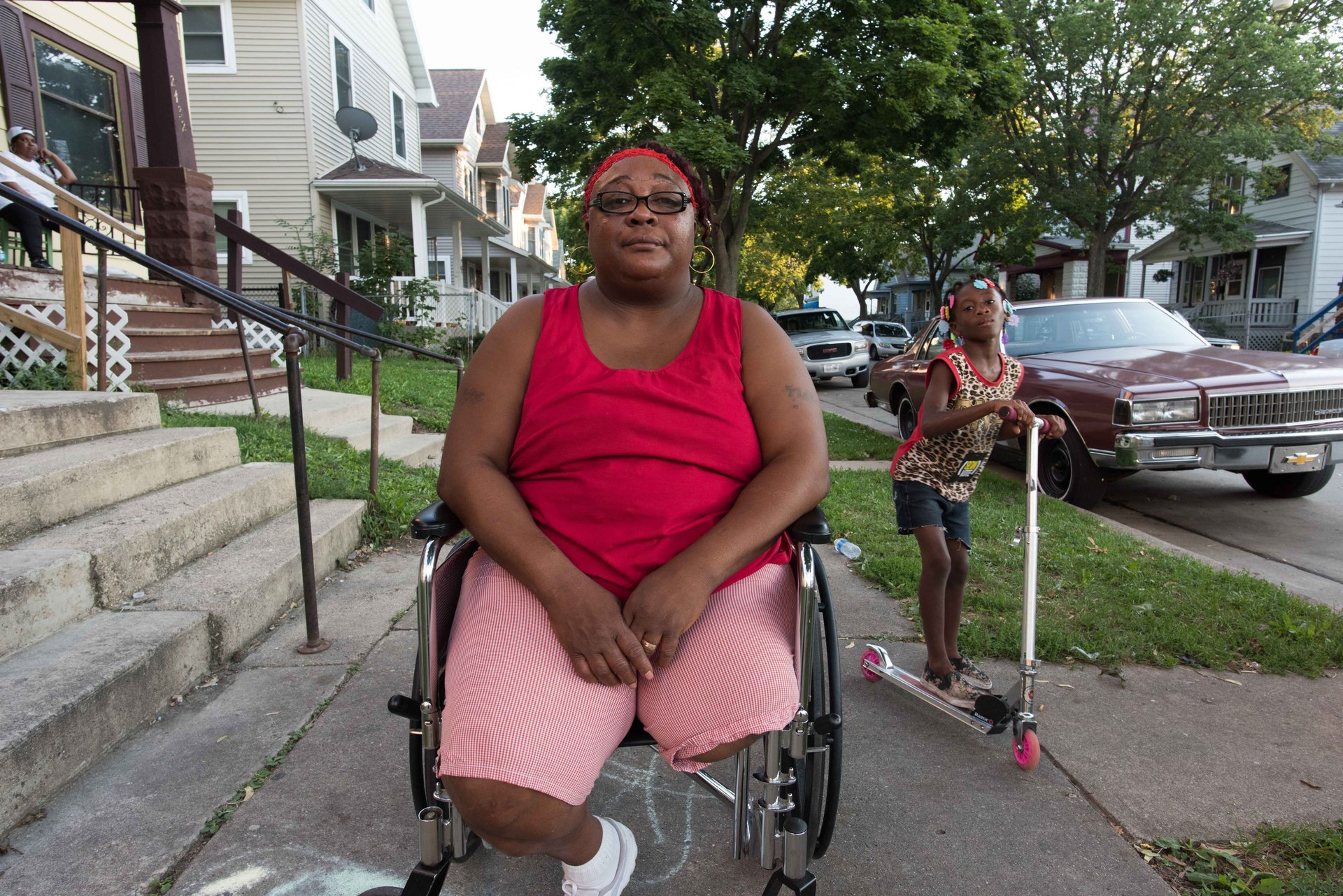
Many of us were geeks, educated in the sciences, and steeped in clever rational arguments. With a PhD in physics, I was part of the wave of rocket scientists that changed Wall Street.
Buttressed by our math, our spreadsheets, our data, and our obsession with the rational, we had a confidence that grew into hubris as we entered and changed more and more industries, from baseball to finance, politics and journalism.
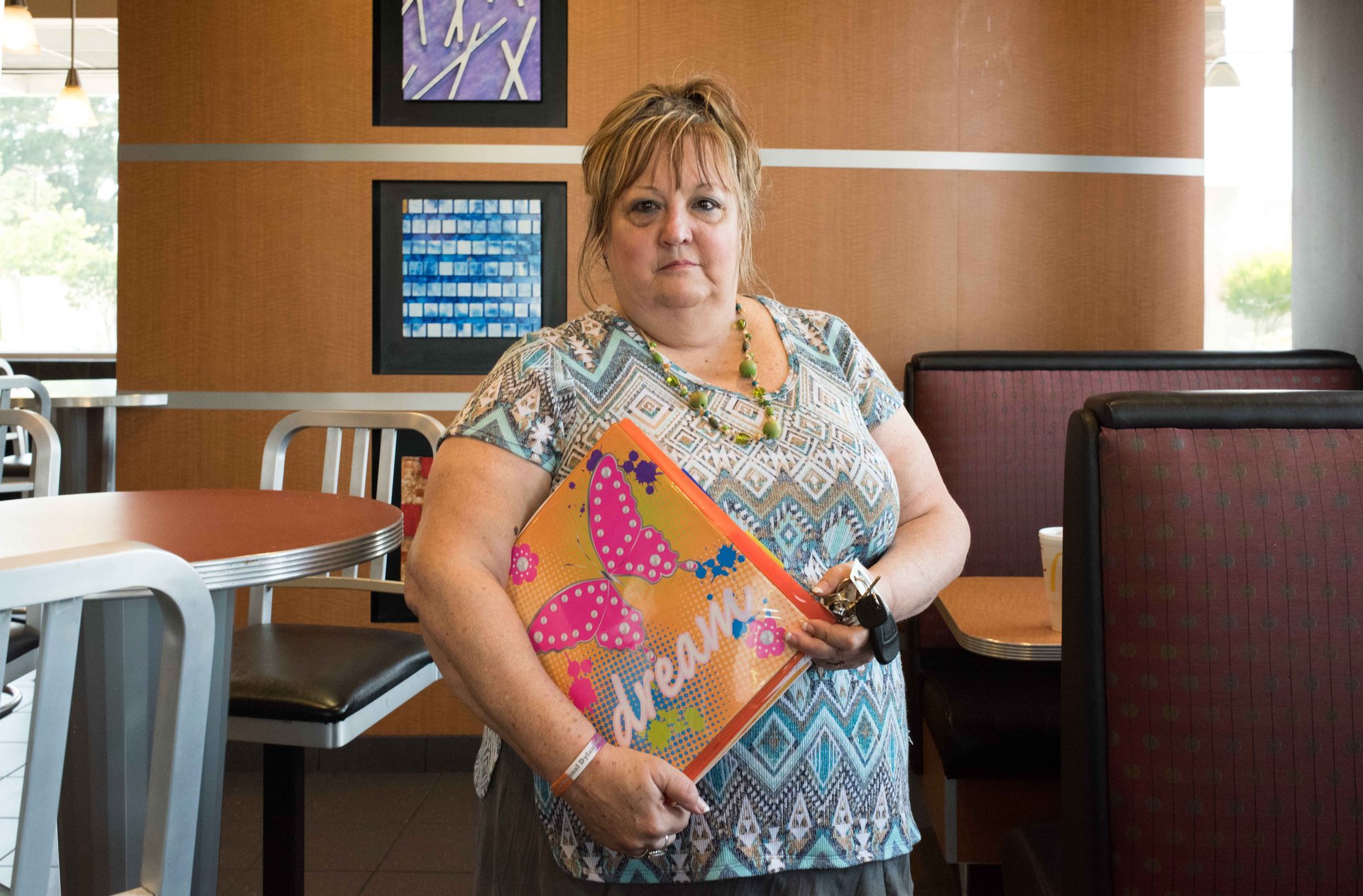
That hubris should have dissolved following the financial crisis in 2008. Our unchecked faith in numbers, and in ourselves, had proved disastrous. We should have admitted guilt and rethought the things we were certain about. Instead we focused on bailing ourselves out and moved along as if little had happened.
It was during this time that I started photographing New York City. I would go on long walks to escape the stress of my job in the aftermath of the crisis. I started letting my decisions be guided by unquantifiable things like empathy and curiosity rather than probability.
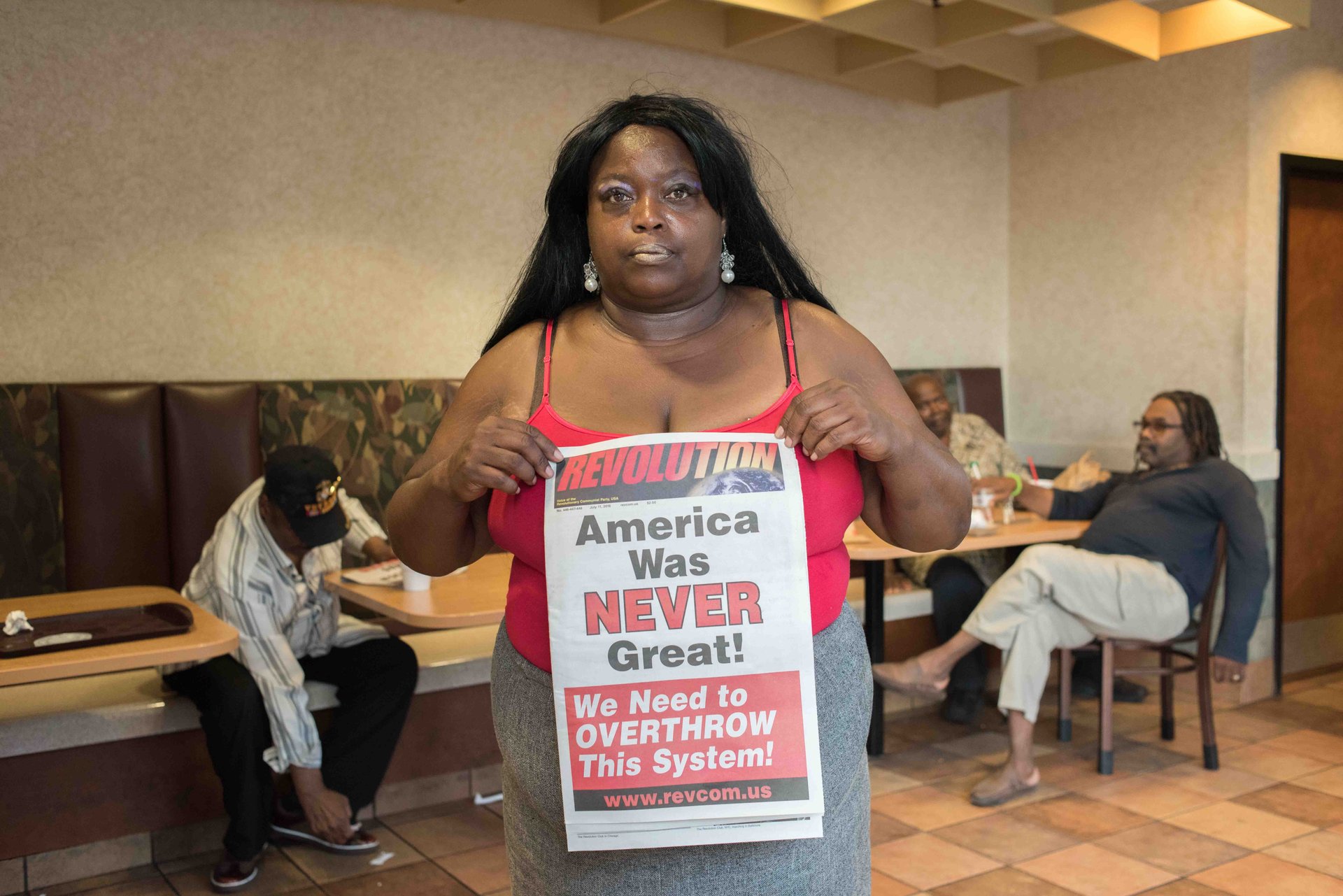
I left Wall Street in 2012, and eventually expanded my focus beyond New York. I put 175,000 miles on my car visiting places dismissed as “flyover country.” Places some of us front-row kids (like myself) had grown up in, but left far behind as we built our careers.
I didn’t spend my time in the dramatic parts, the areas where tourists or journalists go. I focused instead on the banal parts that make up most of everyday life — residential neighborhoods, housing projects, trailer parks, churches, shopping malls, and strip malls. I took long rambling walks, stopping to talk to whoever was willing to engage with me, slept in motels partly filled with families needing temporary assistance. I spent morning after morning in fast-food franchises .
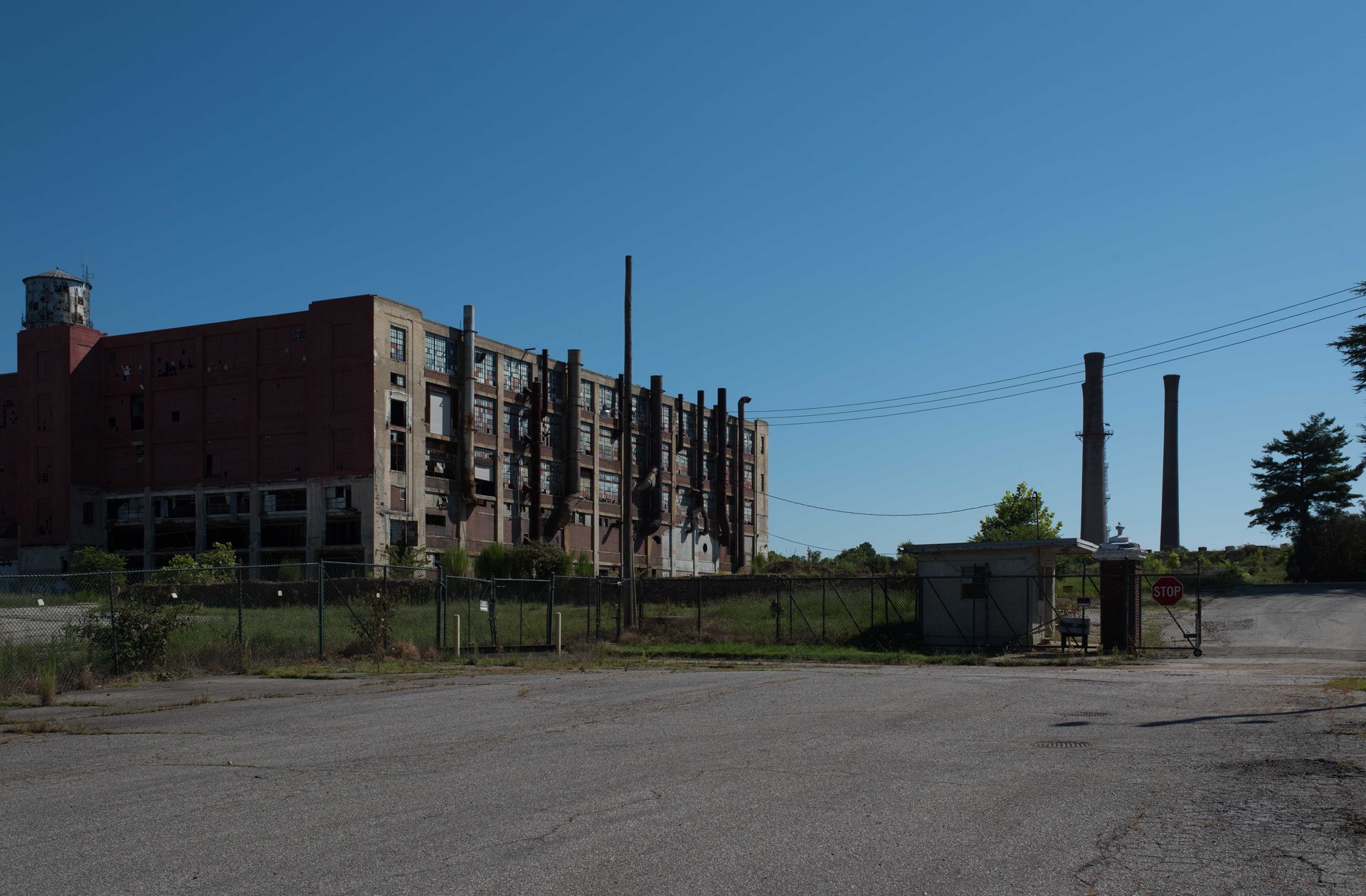
And in the process, I saw an entirely different America, one filled with towns and neighborhoods largely vacated of functional institutions beyond those designed to help. I saw an America that was falling behind, angry, frustrated and increasingly turning to drugs. This was the back row, filled with people who had chosen to stay in their communities, or were never given much of a chance to leave.
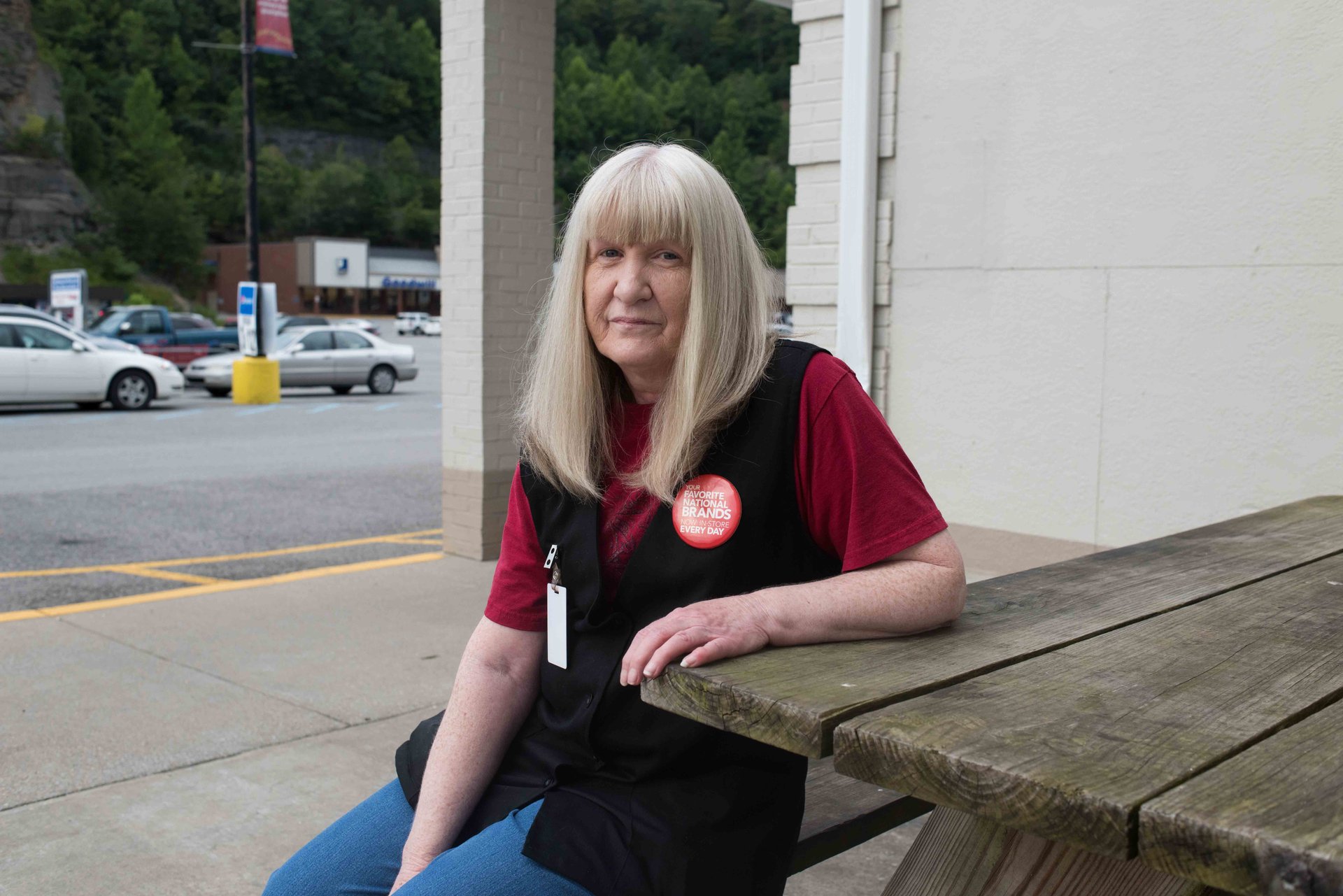
The back row and its frustrations weren’t written about much in the media, which also had been taken over by us front-row kids working in front-row towns and living in front-row neighborhoods. Boots-on-the-ground reporting was giving way to big data, and the data showed most things were good. US GDP was on the rebound; profits and financial markets were growing. The worrying data — stagnating incomes for most Americans, and growing inequality — were just statistics. The accompanying anger, frustration, and humiliation didn’t register.
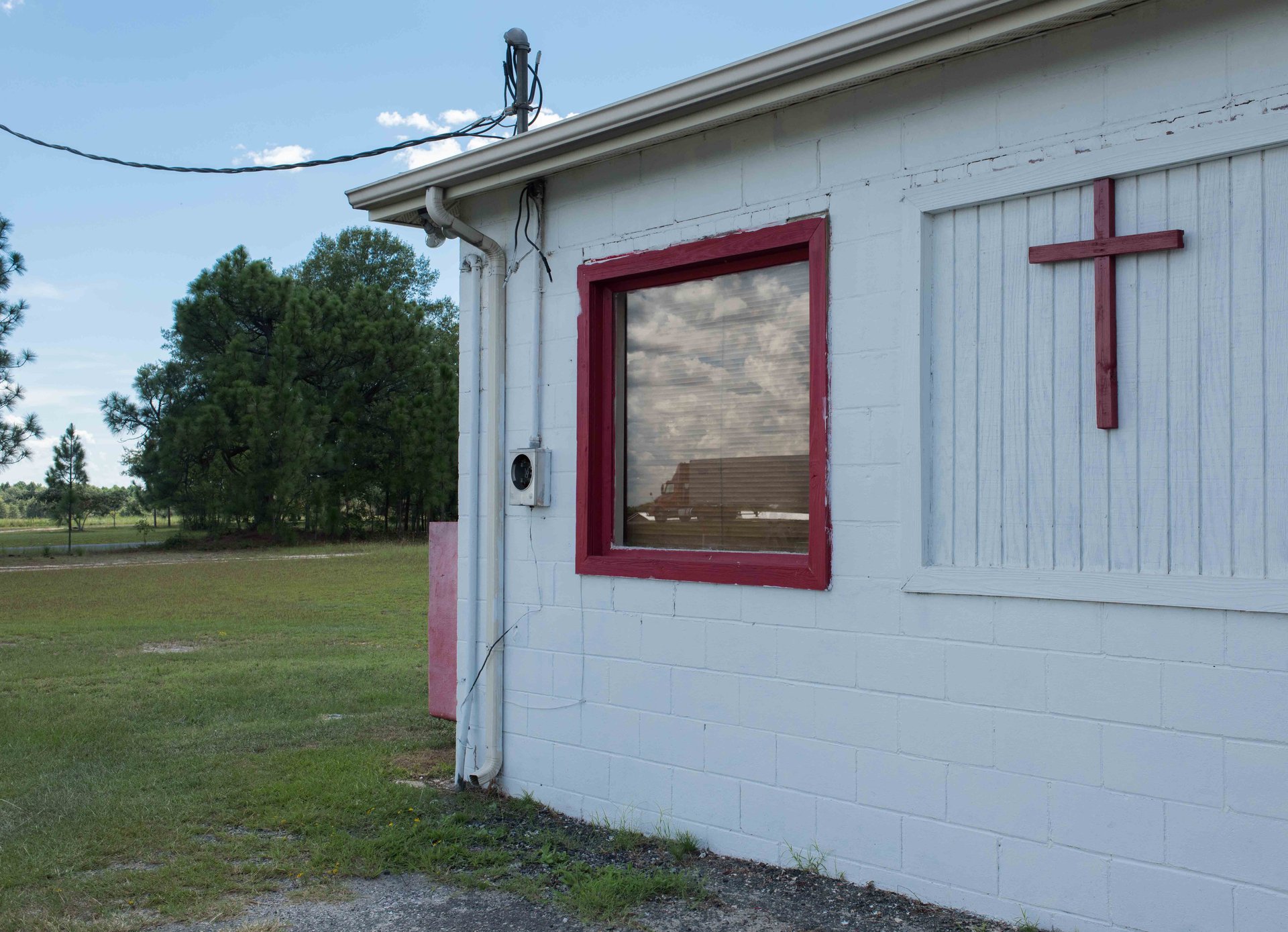
The people I spoke with talked about a broken system stacked against them. “Why did we bail out Wall Street, but when our factories left, nobody bailed us out?” people asked. I would try to explain that our data suggested the bailout was a positive thing, that the US had actually made money on it. But after a time I gave up, because I realized that data didn’t take into account the larger social costs.
Many towns, their economies destroyed, had to rely on government support. For many of the residents, this was humiliating. Especially when they were confronted with articles and broadcasts about how much better the economy was doing, about what a great time it was to be alive.
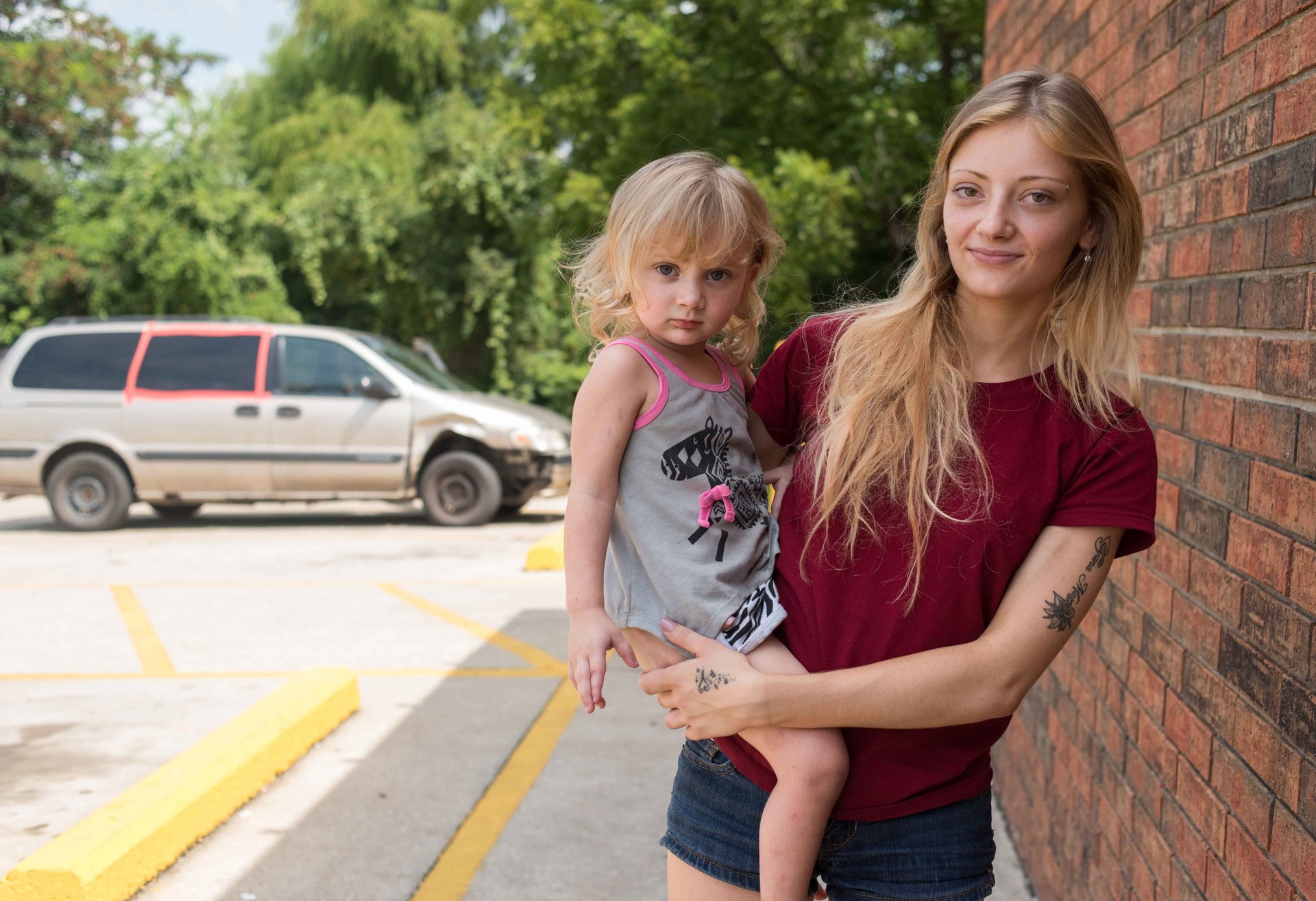
Everyone had a relative, a close friend, a neighbor, who had lost their job or their home or found themselves battling addiction. For the entire community, the pain wasn’t just a number. It was visceral.
As I sat in McDonald’s after McDonald’s hearing personal stories of loss, as I listened to ministers mourn congregants dead from overdoses, I saw how blind and smug we were in the front row. Not only were we removed from the realities of the working class, we also couldn’t understand their anger because we measured success differently.
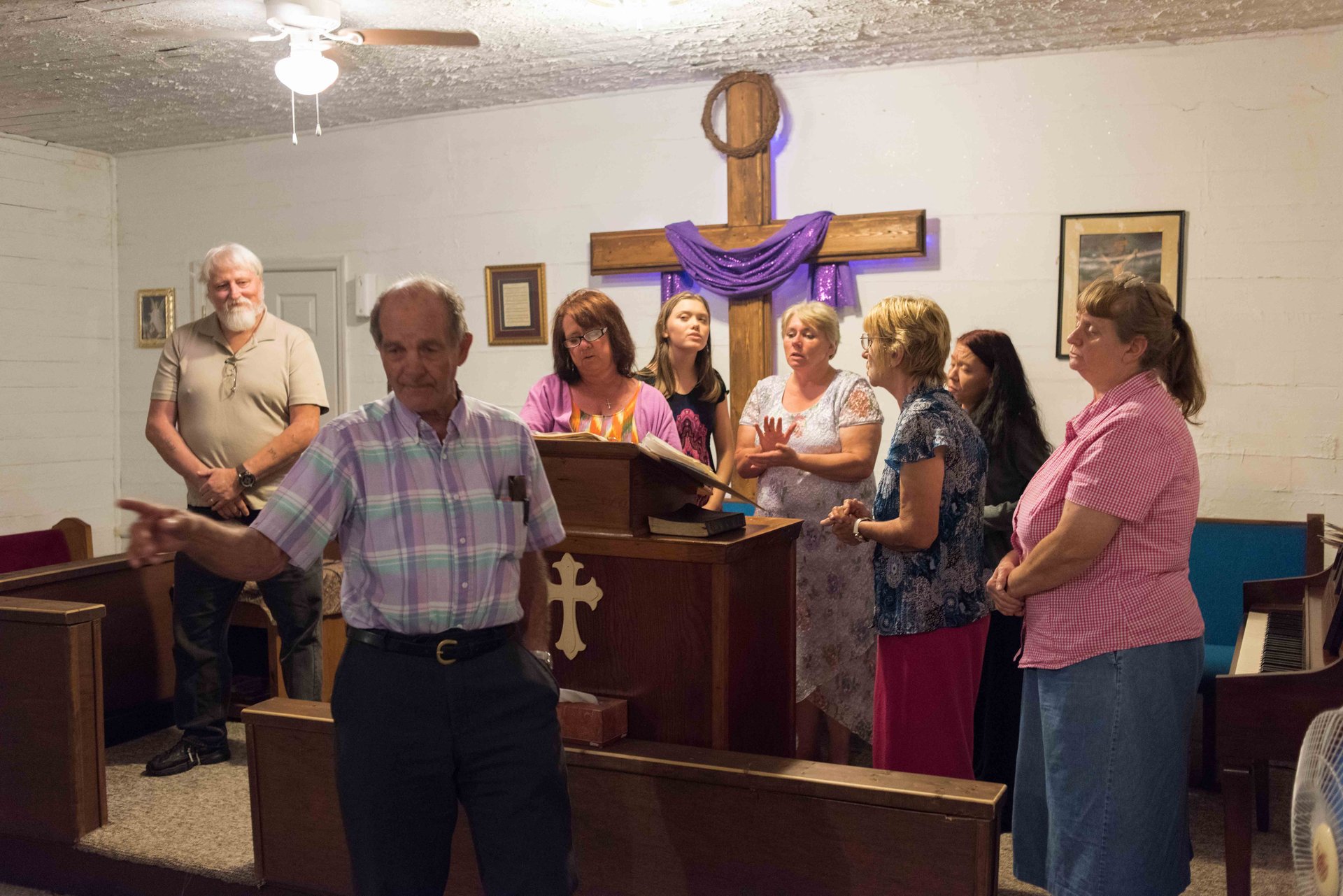
We were numbers people, and we wanted to maximize things. We wanted increased efficiency, increased profits, and increased GDP. But we didn’t think about the larger consequences of our actions. We didn’t understand, or care much, about how the pursuit of profits might hollow out local communities and institutions, the things that others valued most.
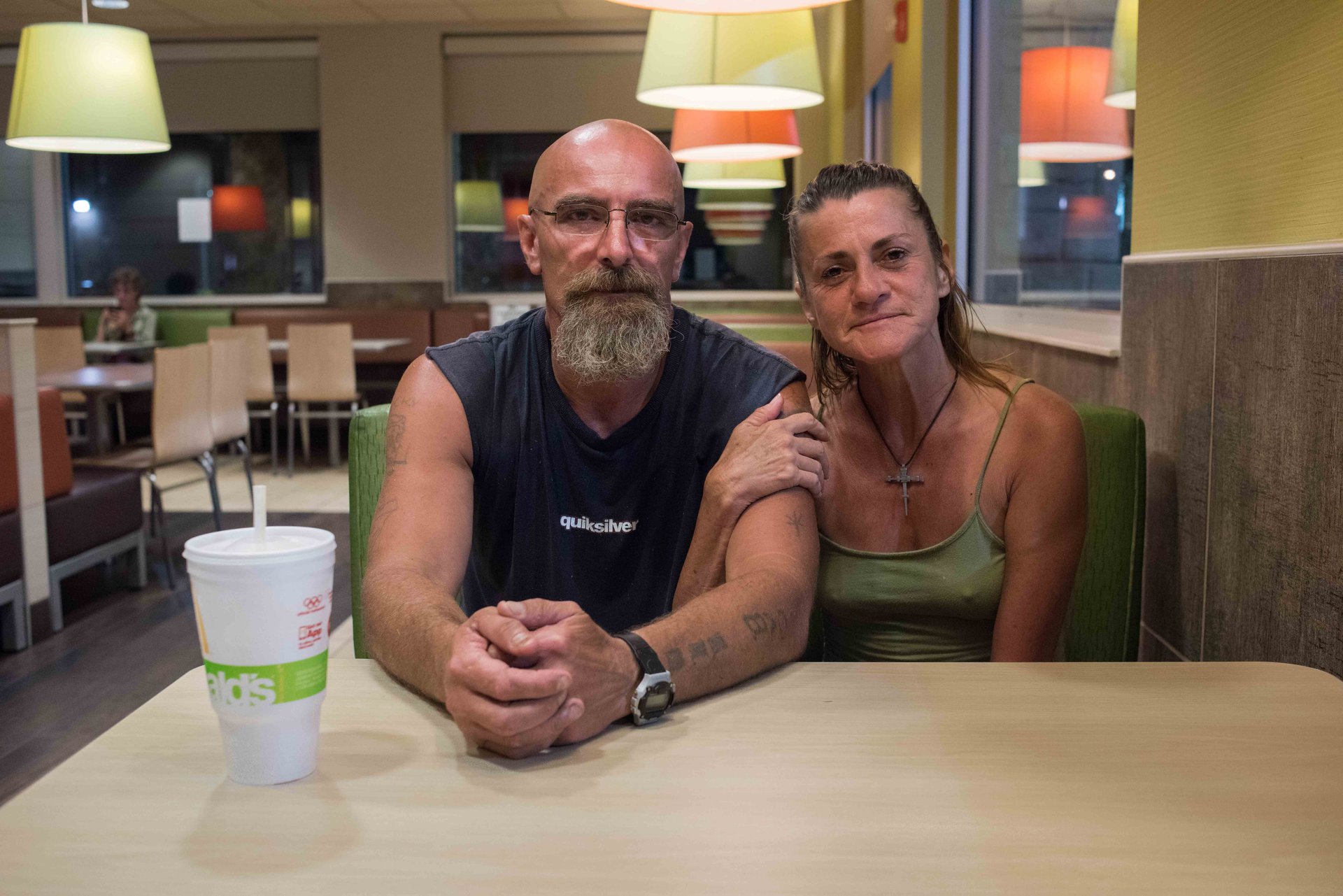
We put in place policies that worked on paper and shipped jobs overseas, eroding many of the heartland’s communities. When people complained about this, we dismissed them as not being educated enough to understand. We would say, “Look, the math says globalization is a winner.” Often we had outright scorn for things like faith. Church and religion were the antithesis to our scientific rationality.
When Trump entered the race, I watched as his message resonated with many white, less-educated voters. He was talking to the men and women I had met on my wanderings; he told them he would restore their sense of pride.
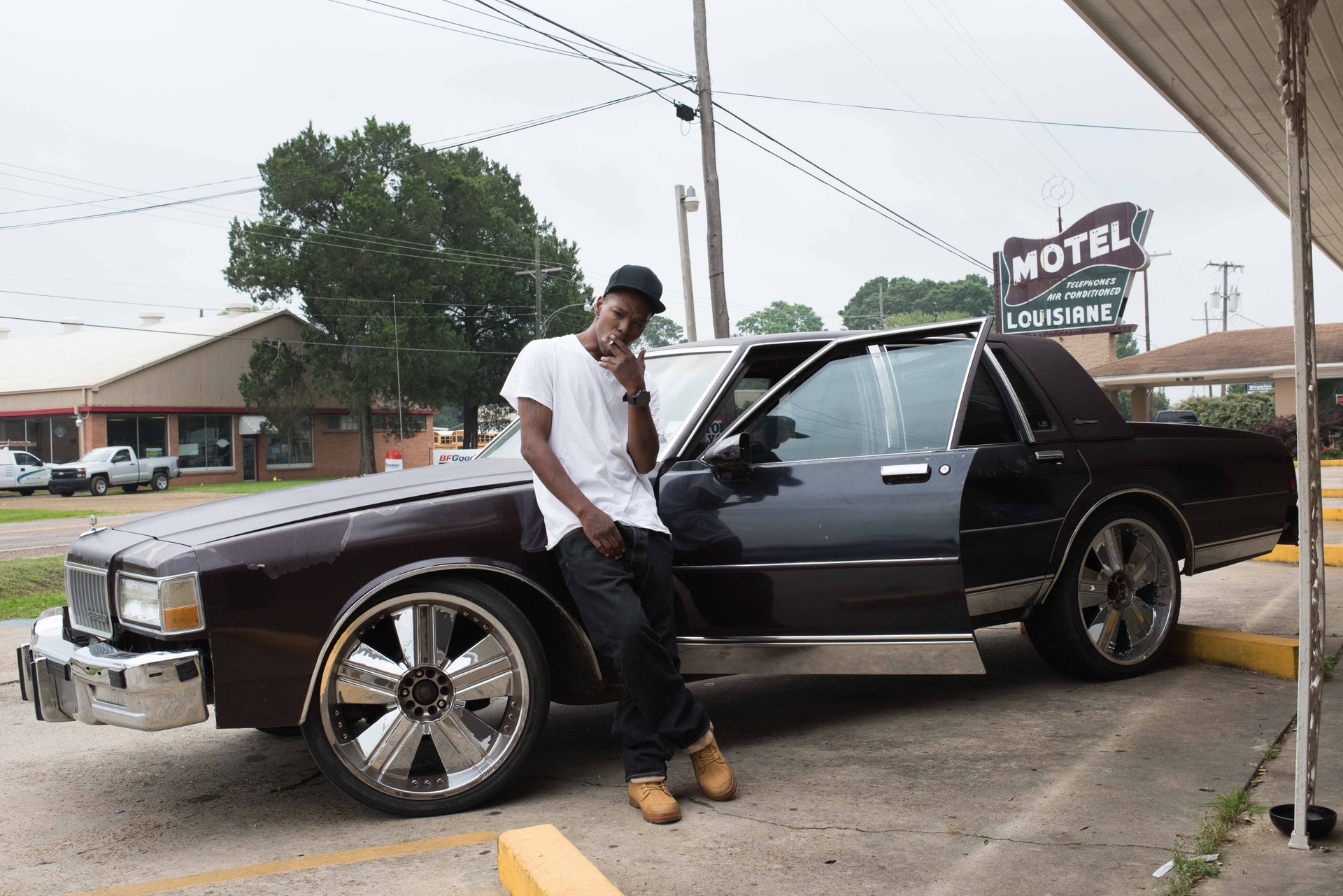
Most of the front row kids, the press and politicians, initially underestimated Trump’s influence because it came wrapped in racist scapegoating. His racism, his wall and his anti-immigration stances were primarily an appeal to prejudice, but he was also making an attack on the globalization that front-row kids had embraced—and, in this way, attacking us.
He was mocking us, and the back row loved it when he mocked us. Where we saw outlandish and boorish behavior, his supporters saw a rebel shooting spitballs at the smug front-row kids.

We responded with further outrage and scorn. And yet he continued to succeed, and now he is one election away from the presidency.
Should Trump win, we will all suffer the consequences of his recklessness. Should he lose, his supporters’ anger won’t go away. It won’t end until the rest of us humble ourselves and acknowledge that parts of it are valid, and those are parts we share responsibility for. But to achieve that kind of self-awareness, we’ll have to get out from behind our computers.